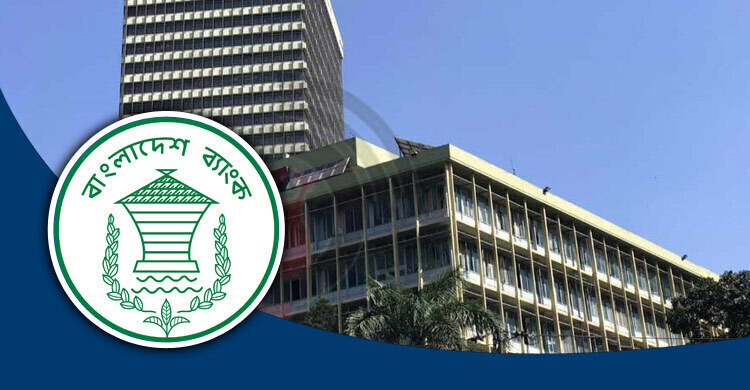BB to lift LC margin, credit limits on Ramadan commodity imports

In preparation for Ramadan, Bangladesh Bank will temporarily lift the LC (Letter of Credit) margin and credit limit for large importers bringing in essential daily commodities, Governor Ahsan H Mansur announced on Thursday.
This move will apply to critical products like chickpeas, sugar, wheat, and edible oil, but will exclude other categories.
The governor shared these details following a meeting on inflation and commodity pricing held at the Ministry of Finance.
He highlighted that the government has already reduced duties on many essential goods to zero.
The central bank is set to issue a circular next Sunday that will allow banks to waive the LC margin on essential commodities during Ramadan. "While we leave this to the banks’ discretion, we encourage them not to charge LC margins on daily commodities until Ramadan," he said.
The governor noted that some large importers face challenges with the single borrower limit, a regulation limiting the amount any one entity can borrow from a single bank.
As a temporary measure, this limit will be raised for the next two to three months to facilitate essential imports. “This is a short-term adjustment for essential items only,” he emphasised, “and won’t apply to other sectors.”
Addressing the supply chain concerns, Mansur explained that major companies are responsible for importing staple products like sugar, wheat, and edible oil.
Bangladesh Bank will monitor the prices these key importers set to avoid “natural monopoly” effects. “Large importers can bring in 70-80 thousand tonnes of goods, far beyond what smaller players can match,” he said. "We need these big companies to ensure adequate supply and price stability."
In response to a question on supply chain stability, the governor noted, “We’re not reducing the price at the producer level to avoid discouraging production. Instead, our focus is on lowering inflation, which will gradually ease prices over the next two to three years.”

